Negative effects of inorganic fertilizers
Fertilizers are important materials in agricultural production. However, for a long time, farmers in the province have abused, used inorganic fertilizers in an unbalanced and incorrect way, causing negative impacts on the environment and beneficial organisms, threatening the sustainable development of agriculture.
Ham Yen is famous nationwide for the quality and design of its oranges. Instead of sustainable development, the orange tree is in a red alert state, with its area decreasing rapidly. From nearly 8,000 hectares, Ham Yen district now has only about 4,000 hectares of oranges, of which 3,700 hectares are being harvested. Many orange gardens show signs of poor development, withering, and gradually dying, with the risk of continuing to decline.
Mr. Bui Quang Trung, village 68, Yen Lam commune has been involved in orange growing for decades. With 9 hectares of oranges, each year during the harvest season, Mr. Trung earns hundreds of millions of dong. But that was many years ago, and now his family no longer has any orange trees. According to Mr. Trung, in the past 3 years, the orange trees have yellow leaves, the oranges have shriveled, then withered and died. What Mr. Trung worries about most is that when he starts a new cycle, the trees also have yellow leaves and continue to die.
Agricultural officials guide people to use agricultural by-products as animal feed and compost as fertilizer for crops.
To find the cause of the disease that has caused orange trees to gradually die, in recent years, the People's Committee of Ham Yen district has invited the Department of Agriculture and Rural Development, Science and Technology, Tan Trao University, Plant Protection Institute, Department of Crop Production (Ministry of Agriculture and Development)... to survey, analyze and evaluate.
According to engineers, the cause is that, in addition to pests, diseases, and unfavorable weather, there is also the cause of unbalanced fertilization and overuse of inorganic fertilizers over a long period of time, causing the soil to lack nutrients, become barren, and the roots to develop poorly, affecting the growth process and making it susceptible to pests and diseases.
Not only orange acreage, many areas of land for growing grapefruit, rice and other crops are also becoming barren due to the lack of organic fertilizer added.
Ms. Do Thi Loc, Hung Thinh village, Truong Sinh commune (Son Duong) shared: 5 sao of rice fields and fields that she just planted in early spring had to buy NPK fertilizer for basal and top dressing. Although she knew that synthetic fertilizers only had a short-term effect and the consequence was that the soil became barren, there was no other way because her family did not raise livestock, so the source of manure was limited.
According to the statistics of the Department of Agriculture and Rural Development, the amount of fertilizer used in agricultural production in the province is estimated at about 58 thousand tons of inorganic fertilizer. The level of inorganic fertilizer use by Vietnamese farmers in general and in the province in particular is much higher than in many countries and three times higher than the world average.
Imbalanced and improper fertilization is the main cause of low fertilizer efficiency, only 40-45% for nitrogen fertilizer, 25-30% for phosphate fertilizer and 55-60% for potassium fertilizer. This causes economic loss, soil pollution, water pollution, increased greenhouse gas emissions and affects the quality of agricultural products.
Towards emission reduction
Converting the use of inorganic fertilizers to organic fertilizers is considered the optimal solution, towards building a safe, high-quality, efficient and sustainable agricultural production.
In order to build a sustainable, responsible, circular and green growth agriculture, the Ministry of Agriculture and Rural Development has recently approved the Project on developing the production and use of organic fertilizers by 2030, with a vision to 2050. According to the Project, with a vision to 2050, Vietnam strives to become a country with a high rate of organic fertilizer use in the region, with the area of cultivation using organic fertilizer accounting for 50%; 80% of provinces and cities build a model of using organic fertilizers associated with the value chain for key products and specialties with local advantages; 100% of available raw materials from cultivation, livestock, aquaculture, household waste, etc. are used as organic fertilizers in both household and industrial production.
In our province, the Department of Agriculture and Rural Development is actively encouraging businesses, cooperatives, and people to produce and use organic fertilizers in production, creating conditions for the most sustainable development of the industry. In fact, in recent years, many safe agricultural production models have emerged. Most recently, the Provincial People's Committee has issued a document directing the strengthening of soil health management towards sustainable crop production.
Accordingly, the Department of Agriculture and Rural Development coordinates with the People's Committees of districts, cities, and related departments to propagate and raise people's awareness of the role and significance of improving soil health and plant nutrition management for crop production; disseminate and guide people to apply technical measures to protect and improve soil health associated with plant nutrition management...
Thanh Lam Livestock Cooperative, Lung village, My Bang commune (Yen Son) has made full use of waste from livestock farming, carefully processed it and reinvested it in production. Mr. Duong Van Thanh, Director of the Cooperative, said: The cooperative's herd of cows is always stable at over 100 heads, a large amount of waste from livestock farming is collected to raise earthworms. When the waste decomposes, it will be reused as fertilizer for corn and elephant grass areas.
Mr. Duong Van Thanh affirmed: More than 20 hectares of corn and grass cultivation land of the members of the cooperative are always supplemented with maximum amount of organic fertilizer, so the soil is very loose, the plants grow healthily, and the yield is very high. Typically, in the last winter corn crop, the yield of biomass corn reached over 2 tons/sao, much higher than the area that was not supplemented with organic fertilizer.
To restore the “health” of the soil, improve the quality and added value of the pomelo product, members of the Organic Pomelo Intergroup (abbreviated as PGS) Ham Yen are helping each other change their production mindset. Instead of using inorganic fertilizers, members have shifted to safe production, according to organic standards. In particular, they take advantage of waste, agricultural by-products, even buy fish, soybeans, corn flour to soak and compost, produce organic fertilizers to care for pomelos.
Mr. Hoang Duc Hung, Head of the Inter-Group Marketing Board, said: The orange area is fertilized and watered with organic fertilizer, the trees are healthy, produce many fruits, and the fruit is delicious and sweet. The future goal of the PGS Sweet Orange Group is to continue to recruit members and provide technical guidance to garden owners to expand the organic orange area throughout the district, in order to further improve the quality of Ham Yen sweet oranges - Mr. Hung affirmed.
According to the Department of Agriculture and Rural Development, the whole province currently has over 4,000 hectares of crops produced according to VietGAP and organic standards... Including tea products, fruit trees, food crops...
Chairman of the Vietnam Organic Association Ha Phuc Mich affirmed: Enterprises, cooperatives, and farmers in Tuyen Quang have realized correctly and are gradually returning to the natural agricultural production of their fathers and grandfathers, or in other words, circular production and organic production to ensure the most sustainable agricultural production.
Source: https://baotuyenquang.com.vn/thuc-day-san-xuat-su-dung-phan-bon-huu-co-vi-mot-nen-nong-nghiep-ben-vung-206619.html


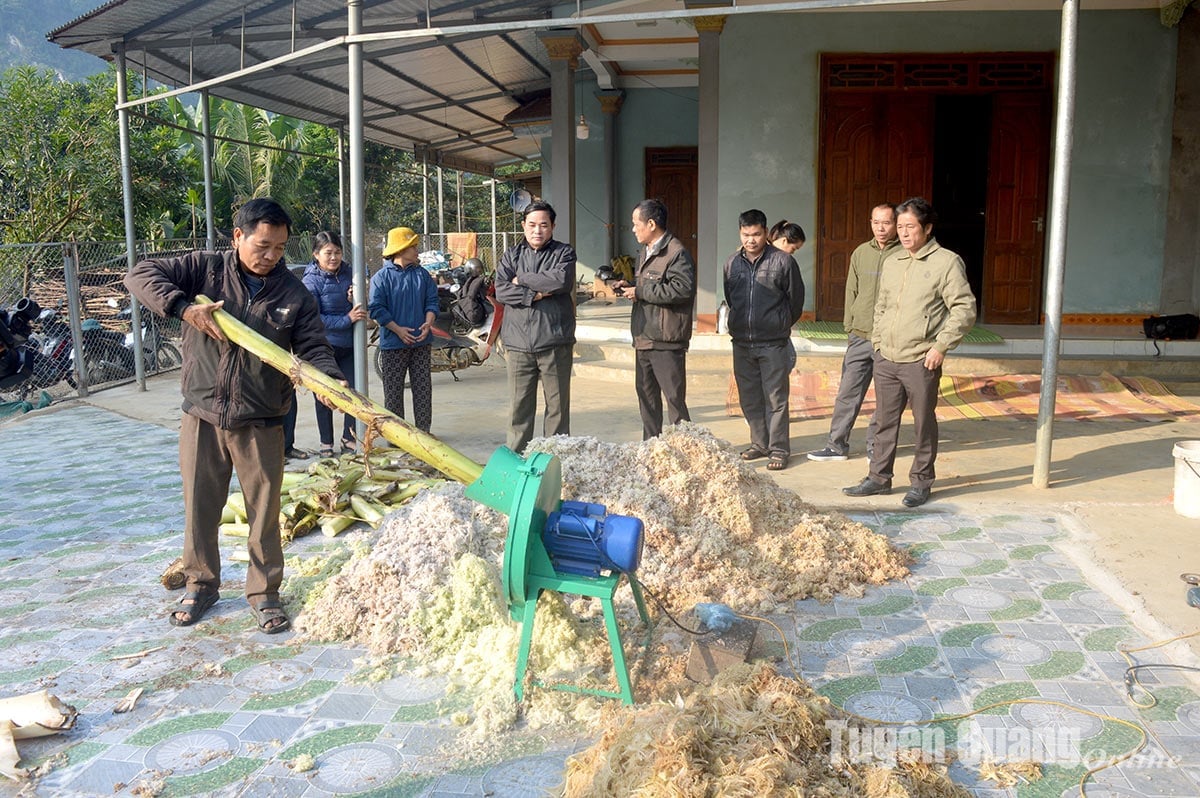
![[Photo] Prime Minister Pham Minh Chinh chairs meeting of Steering Committee for key projects and railway projects](https://vstatic.vietnam.vn/vietnam/resource/IMAGE/2025/4/26/b9534596258a40a29ebd8edcdbd666ab)
![[Photo] Readers' joy when receiving the supplement commemorating the 50th anniversary of the liberation of the South and national reunification of Nhan Dan Newspaper](https://vstatic.vietnam.vn/vietnam/resource/IMAGE/2025/4/26/283e56713da94988bf608393c0165723)
![[Photo] Spreading passion for science and technology in educational environment](https://vstatic.vietnam.vn/vietnam/resource/IMAGE/2025/4/27/059521b98e3847368f5ff4120460a500)
![[Photo] Ho Chi Minh City residents stay up all night waiting to watch the parade rehearsal](https://vstatic.vietnam.vn/vietnam/resource/IMAGE/2025/4/27/0c555ae2078749f3825231e5b56b0a75)
![[Photo] Young people line up to receive the special supplement commemorating the 50th anniversary of the Liberation of the South of Nhan Dan Newspaper](https://vstatic.vietnam.vn/vietnam/resource/IMAGE/2025/4/26/9e7e624ae81643eba5f3cdc232cd07a5)
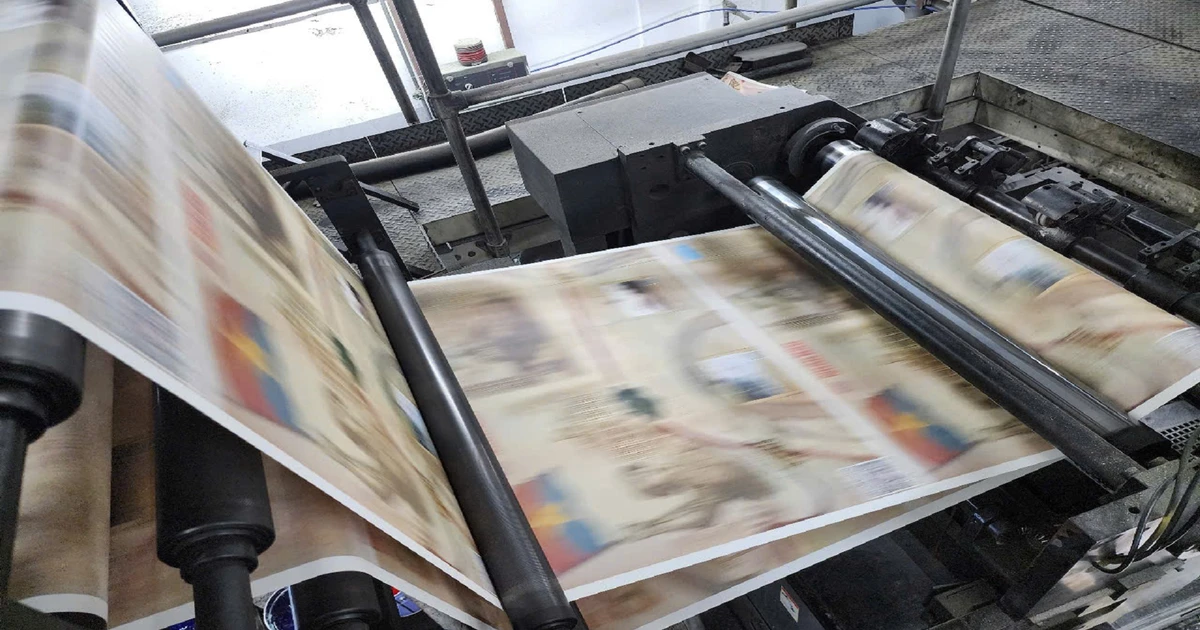



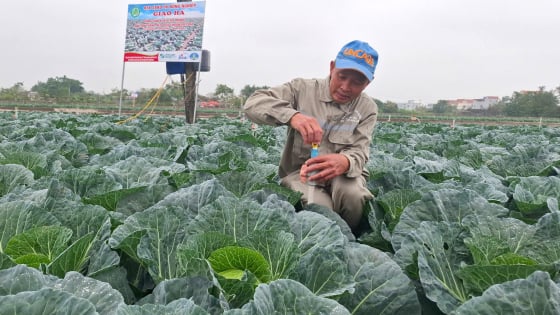

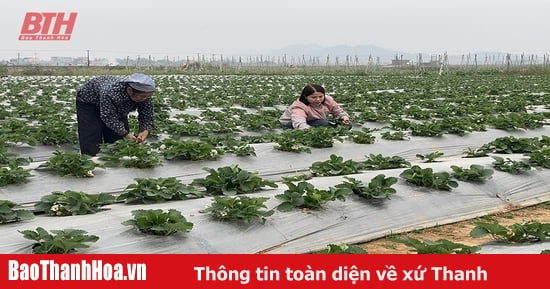
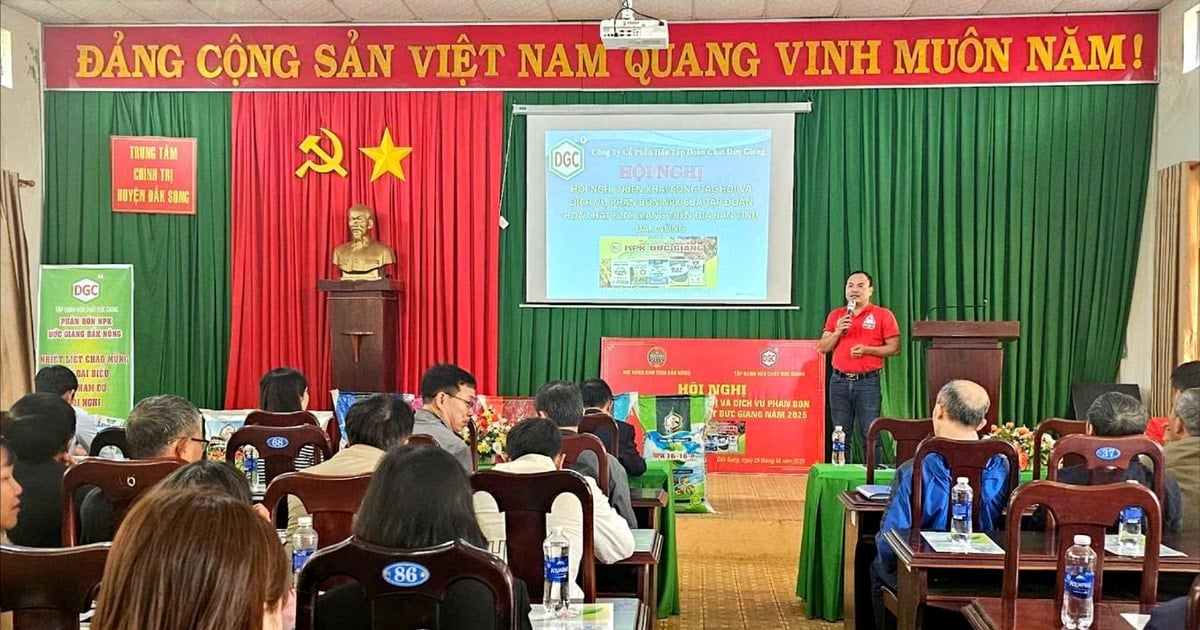
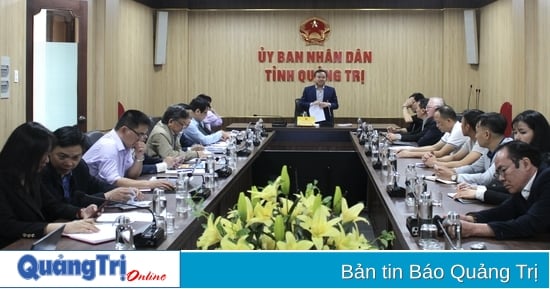
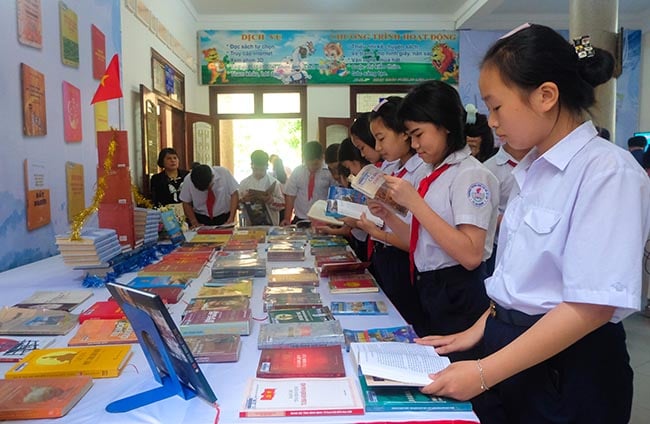

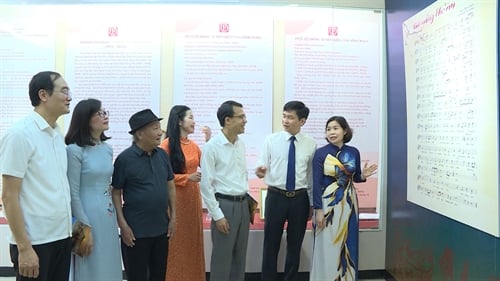

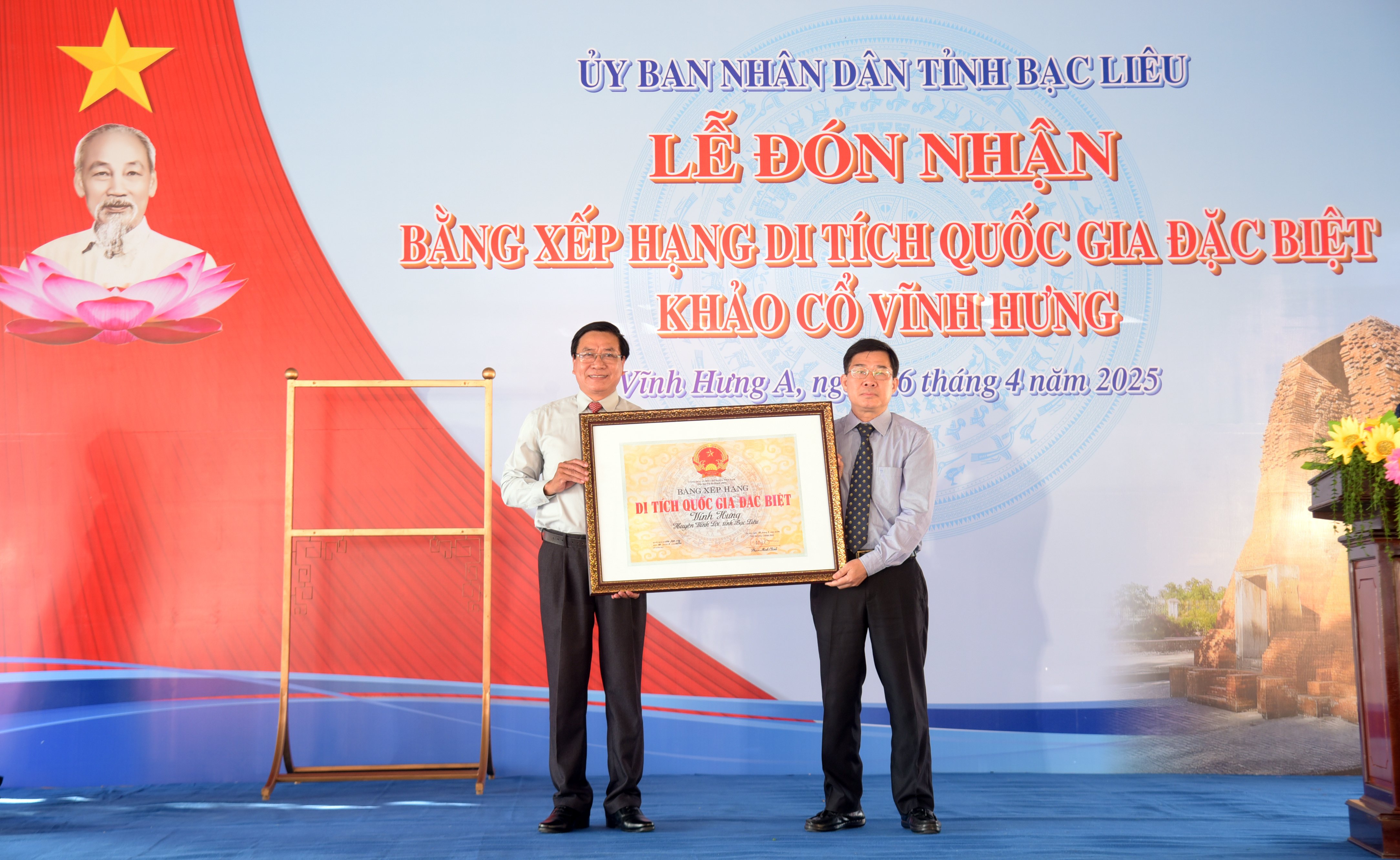






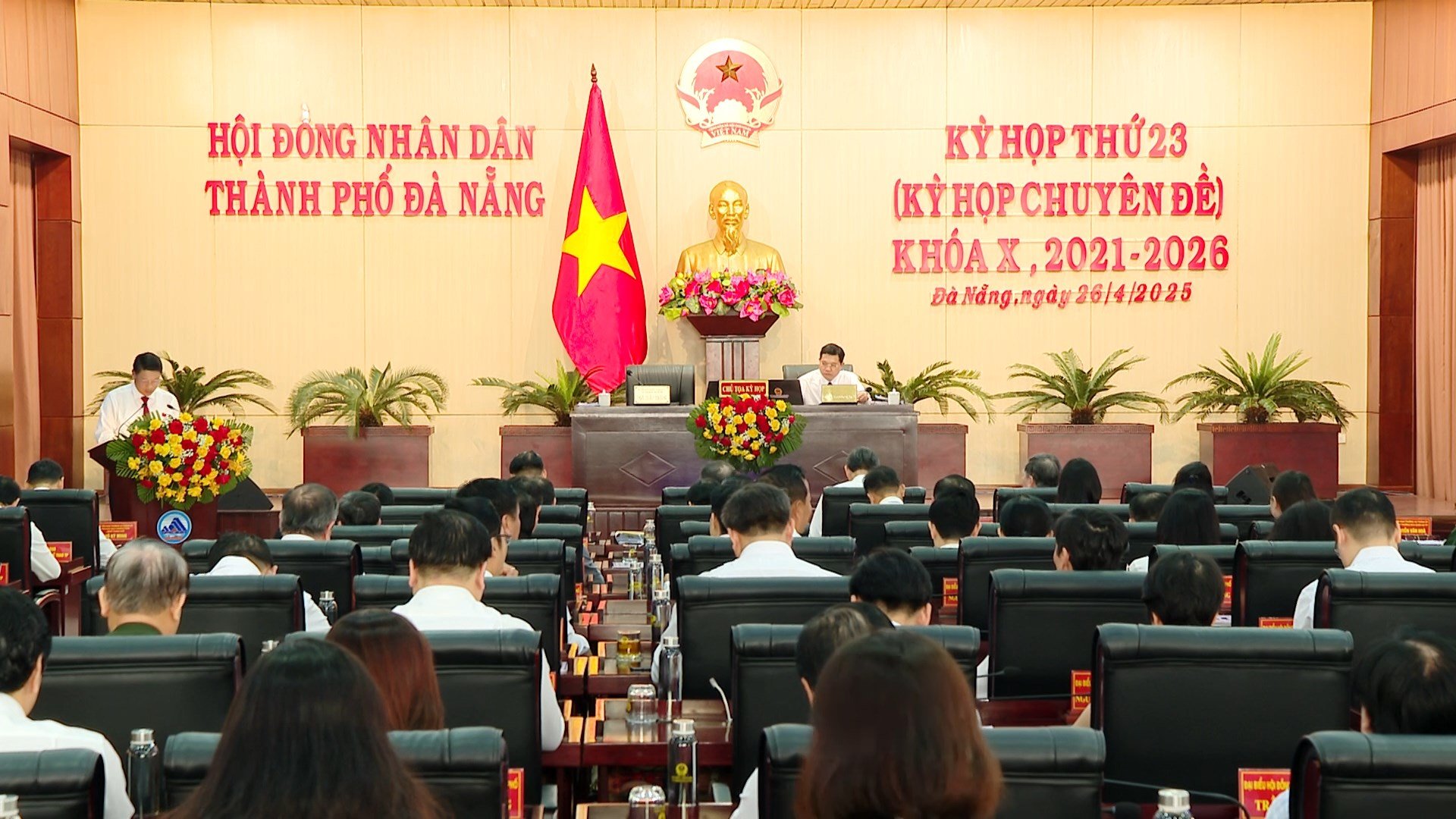
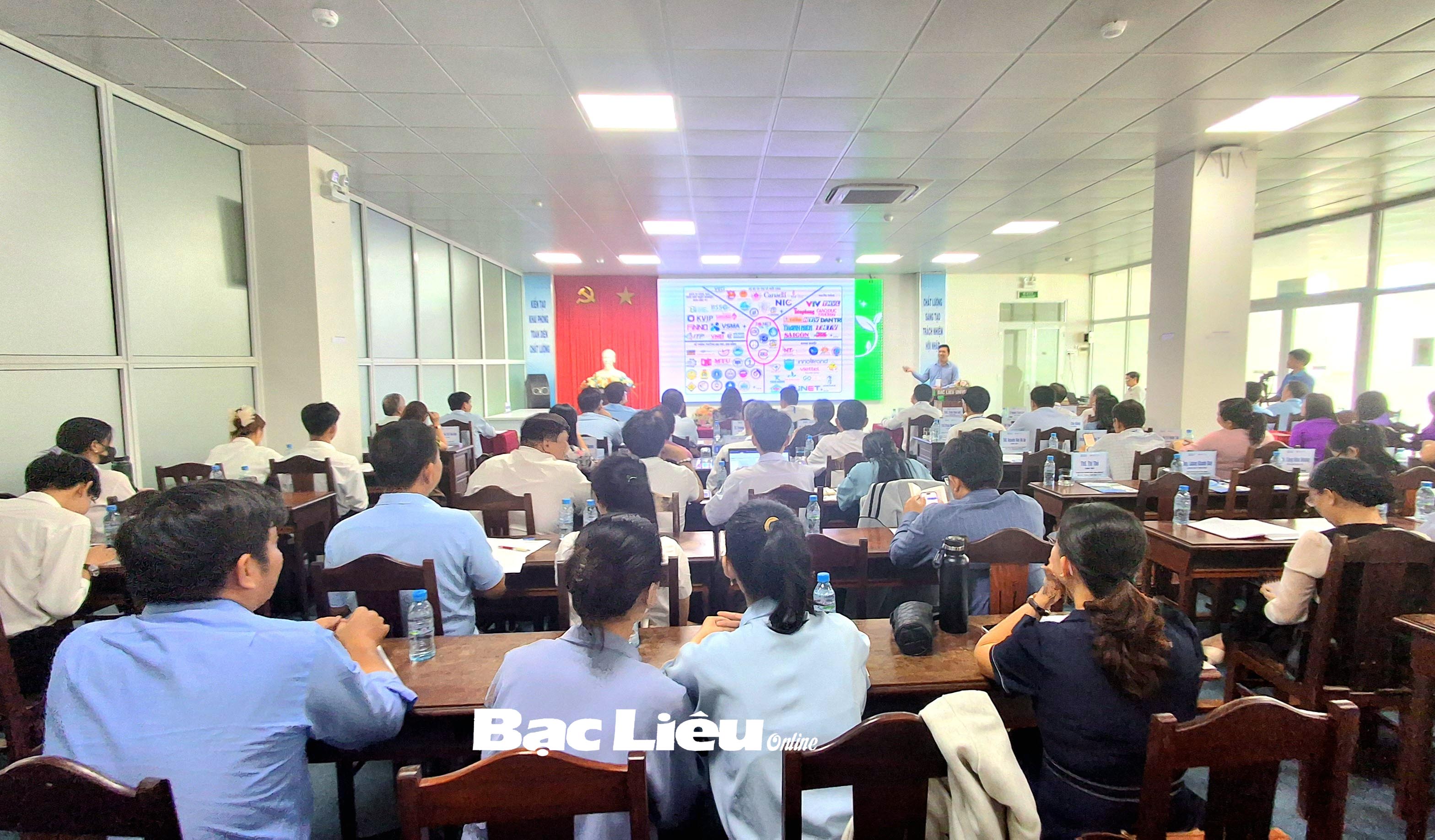






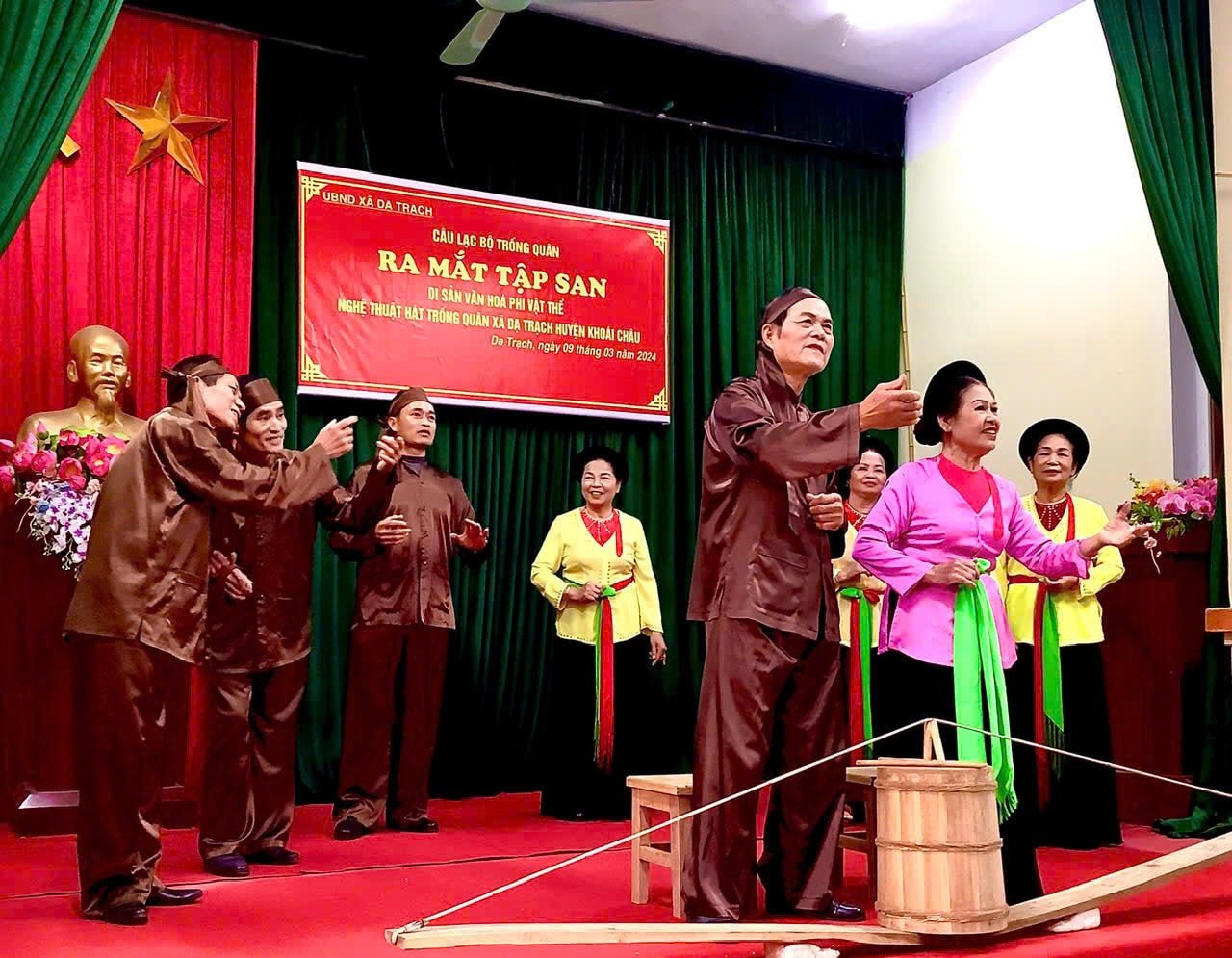

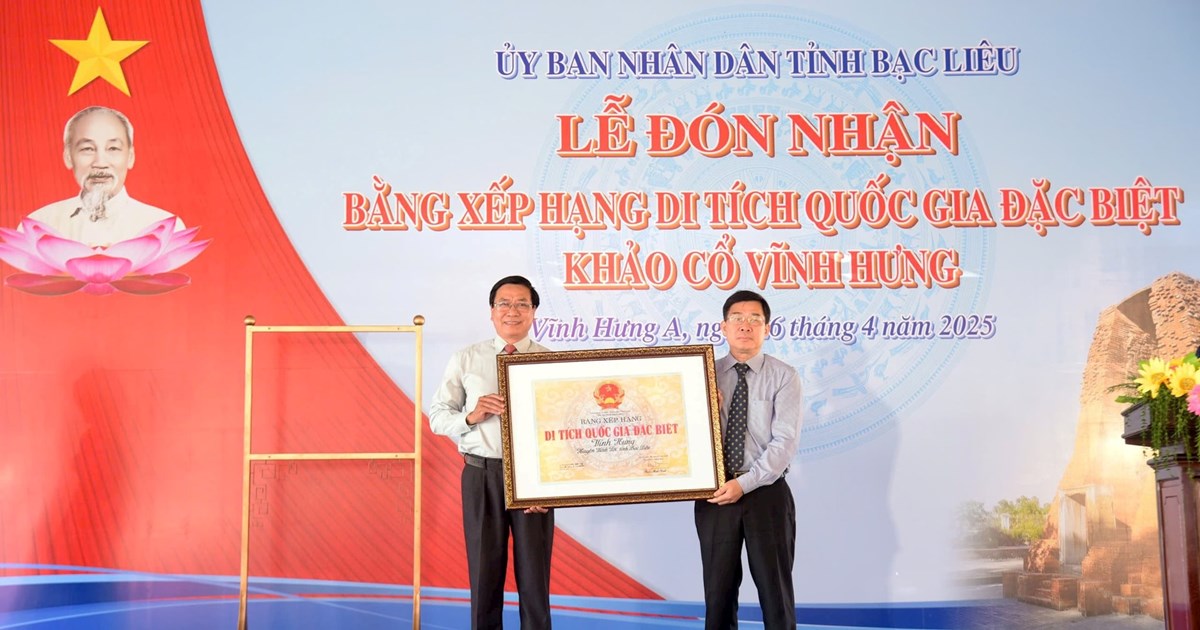


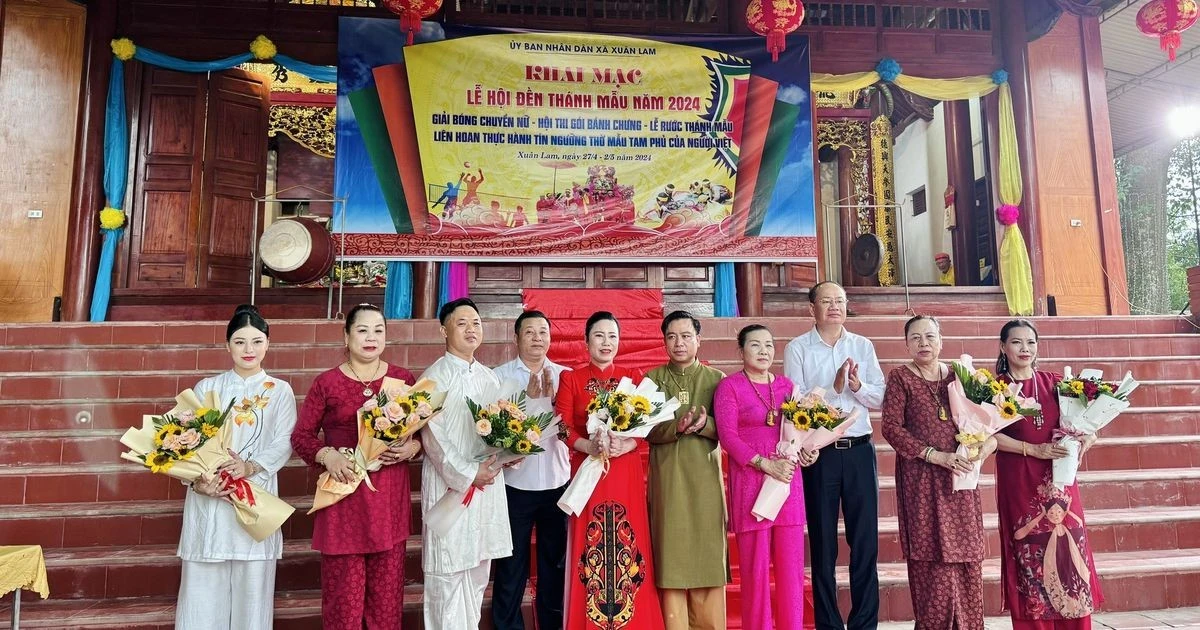

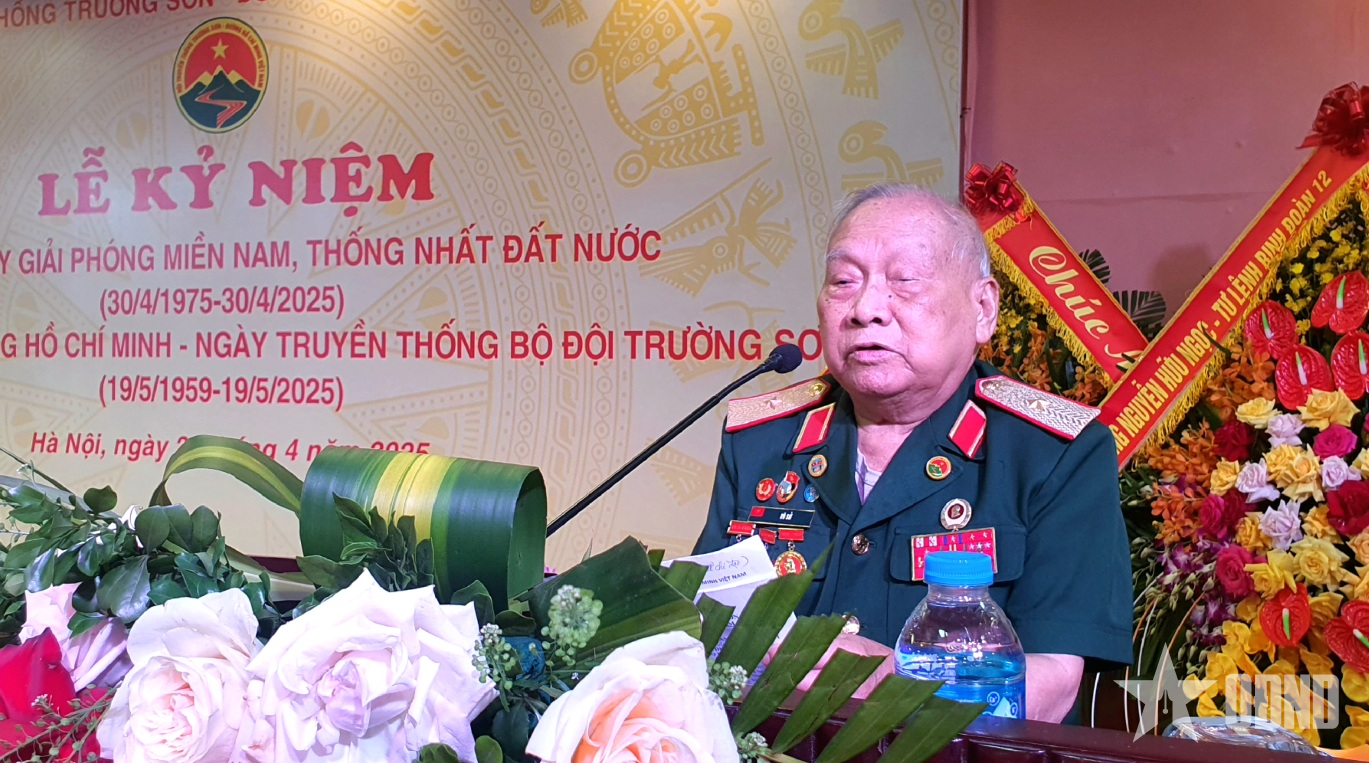

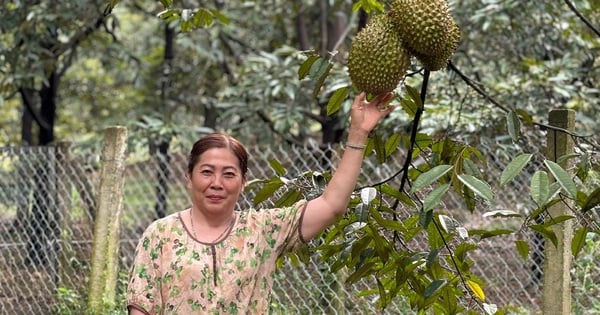








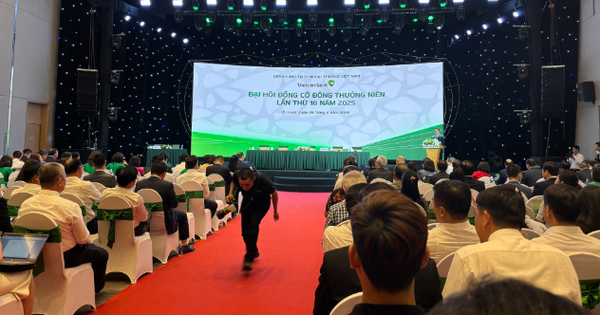




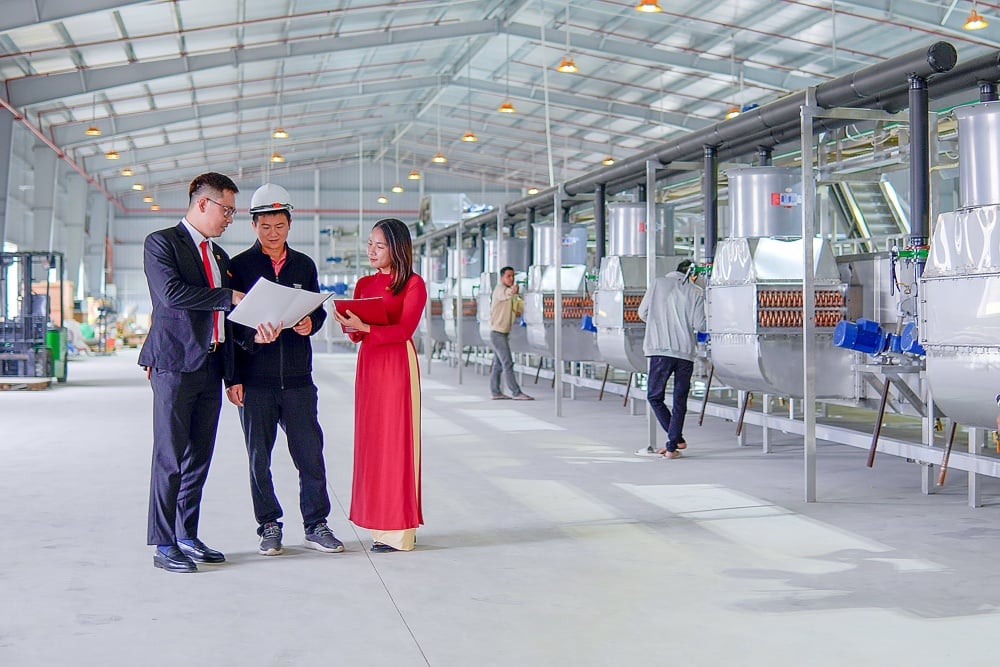

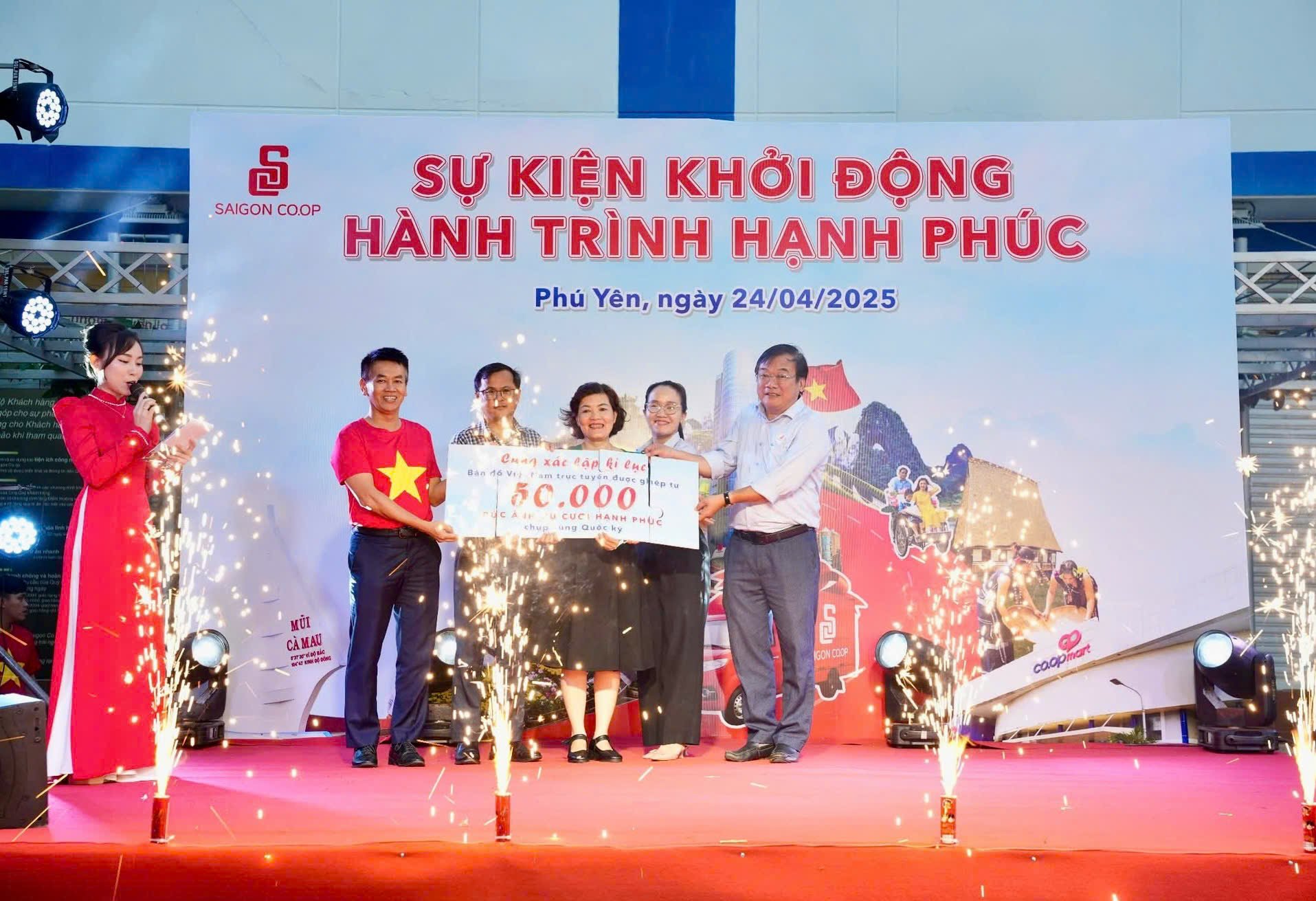

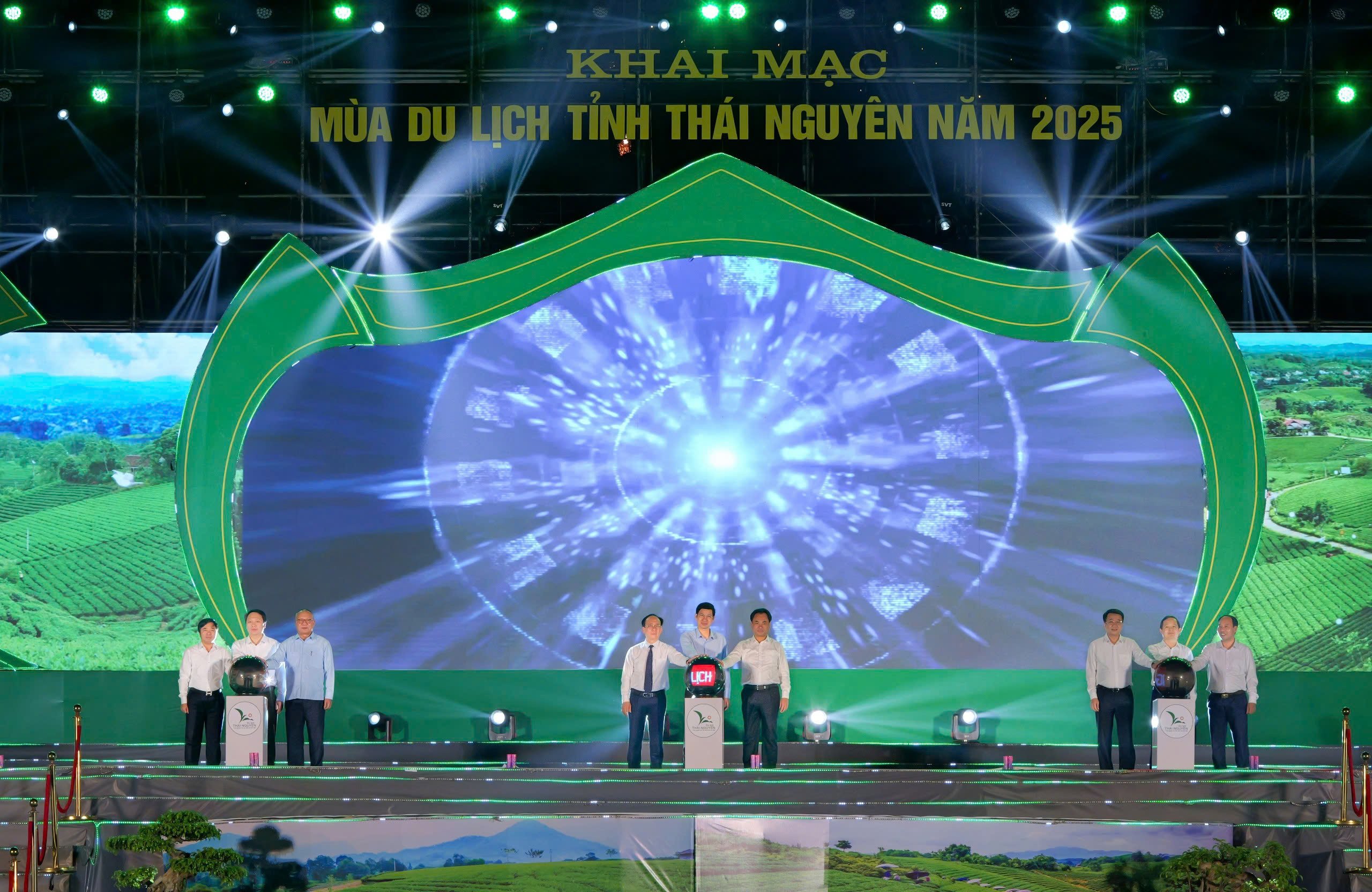









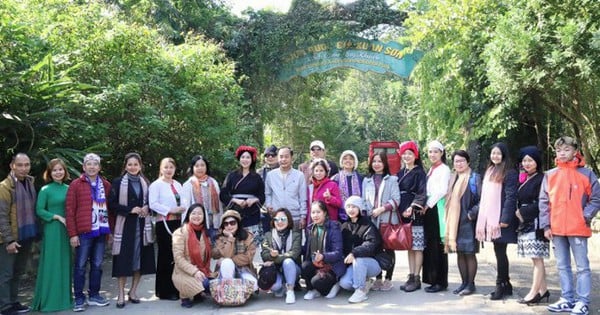

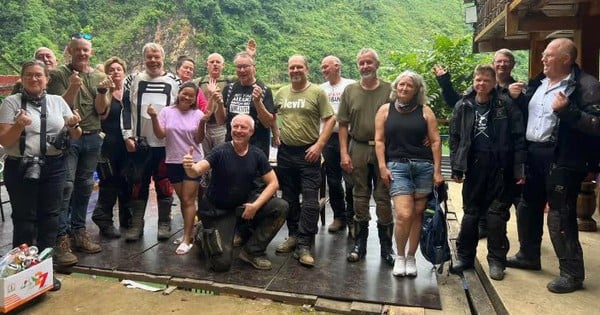
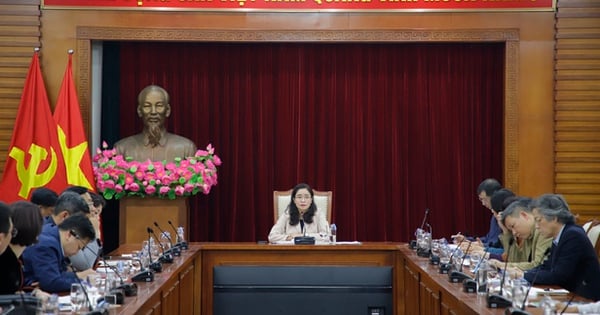



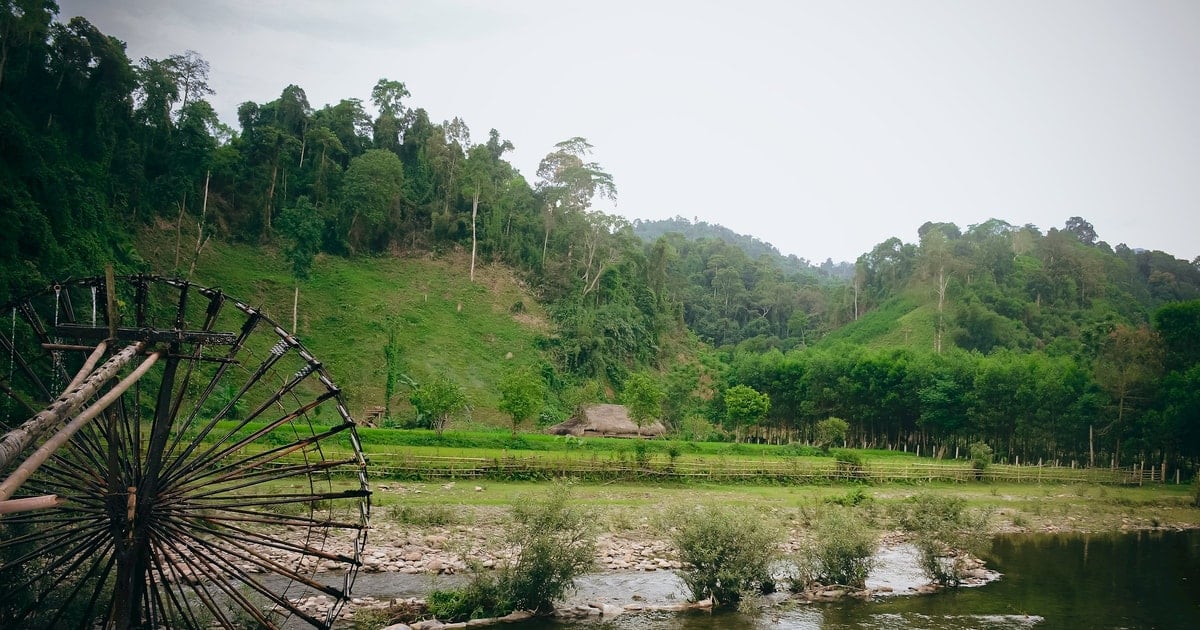

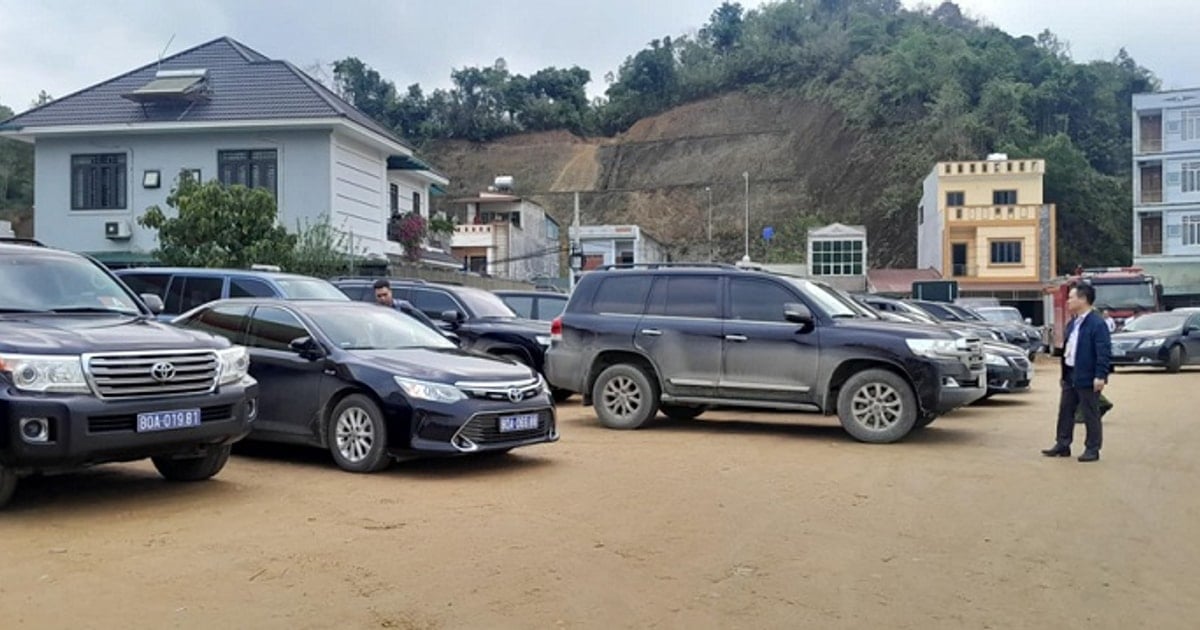
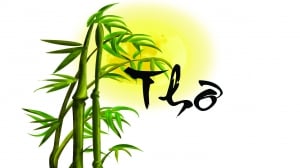

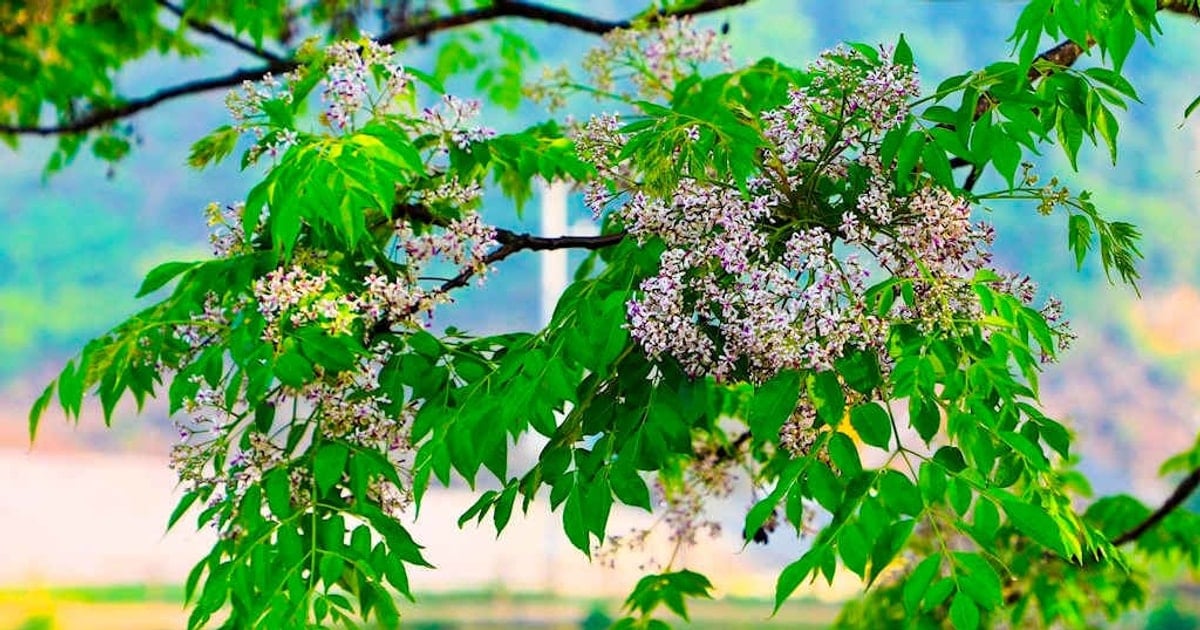
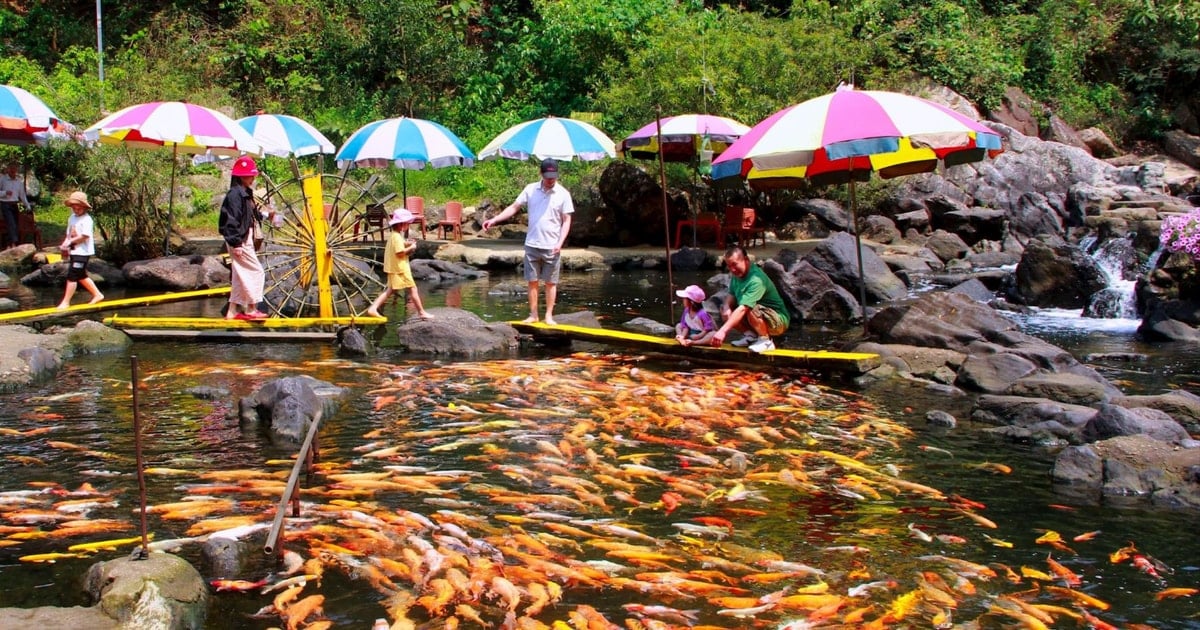

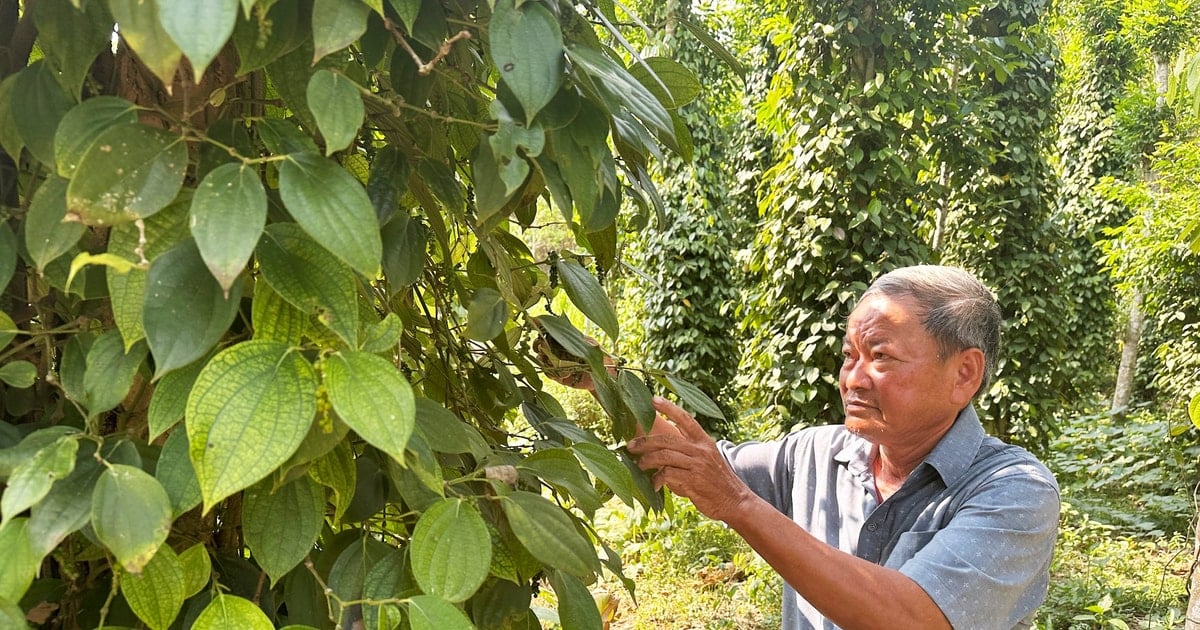
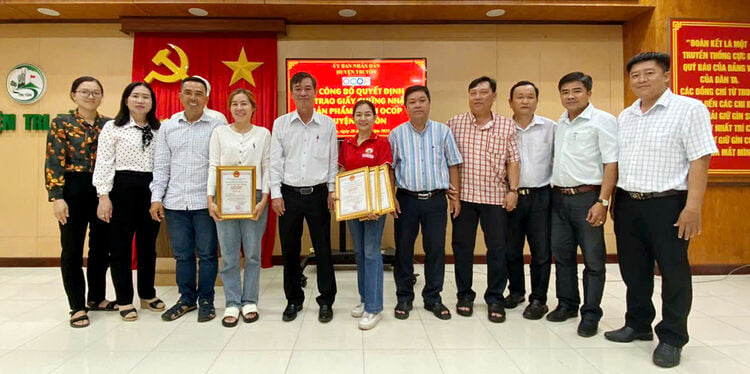

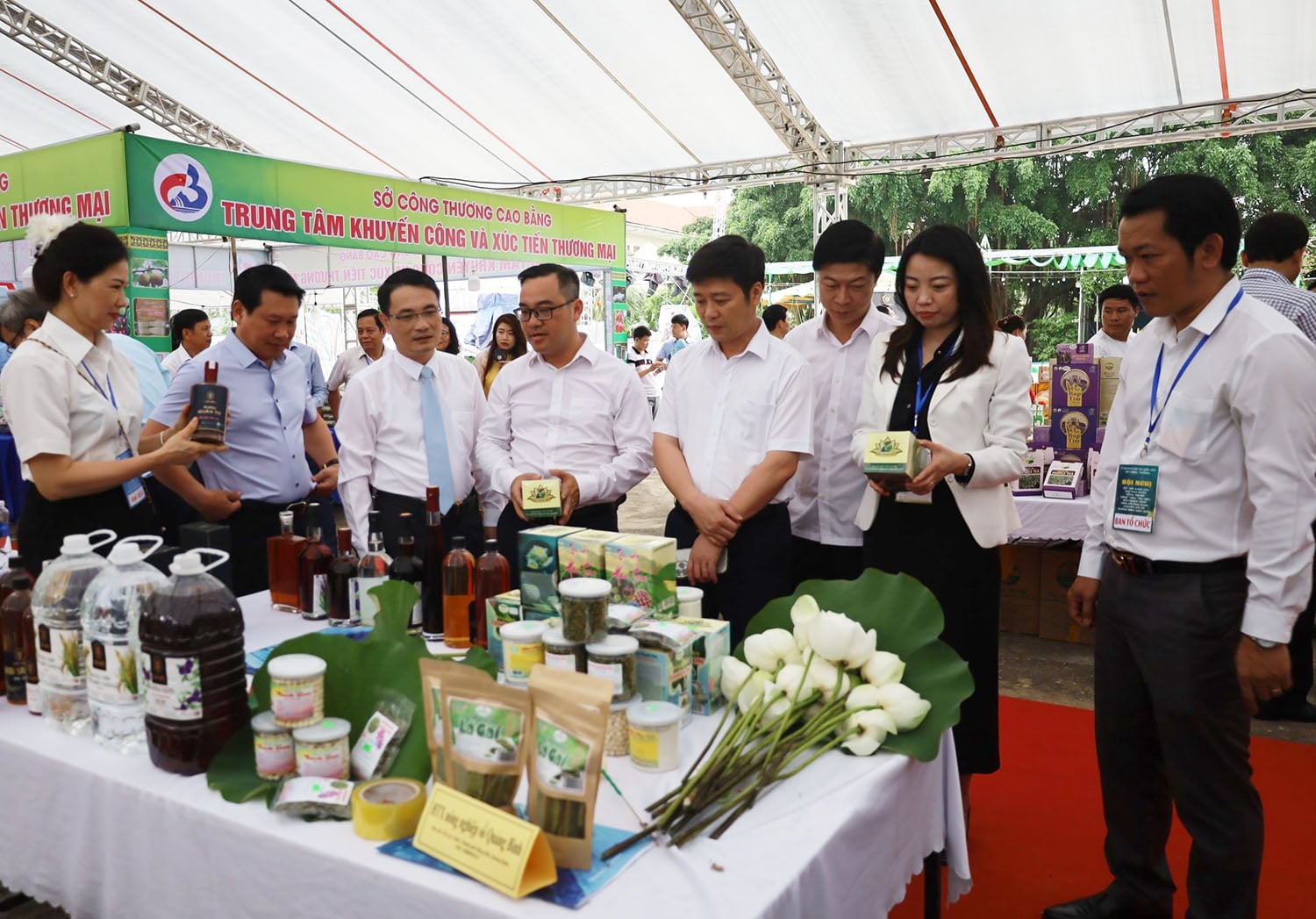

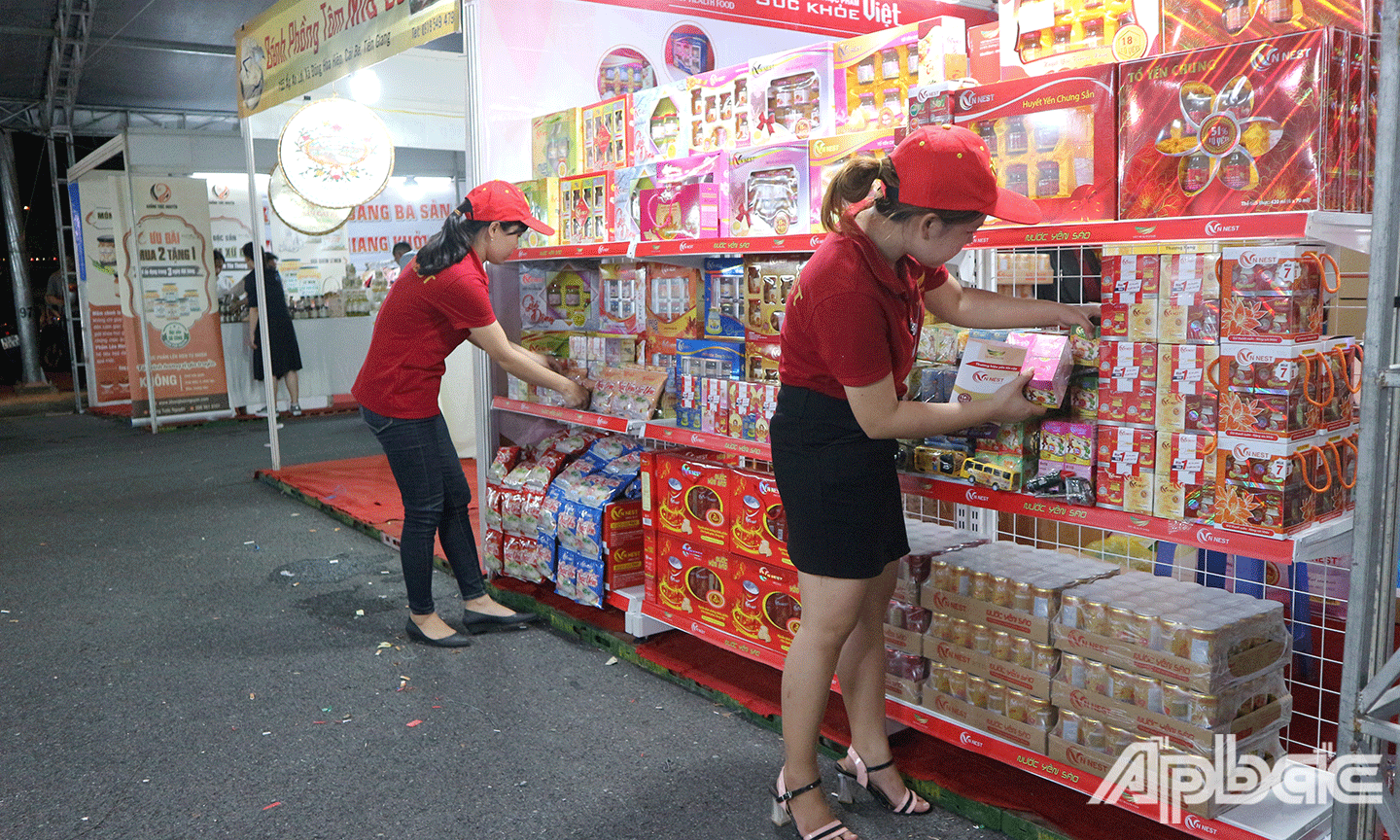

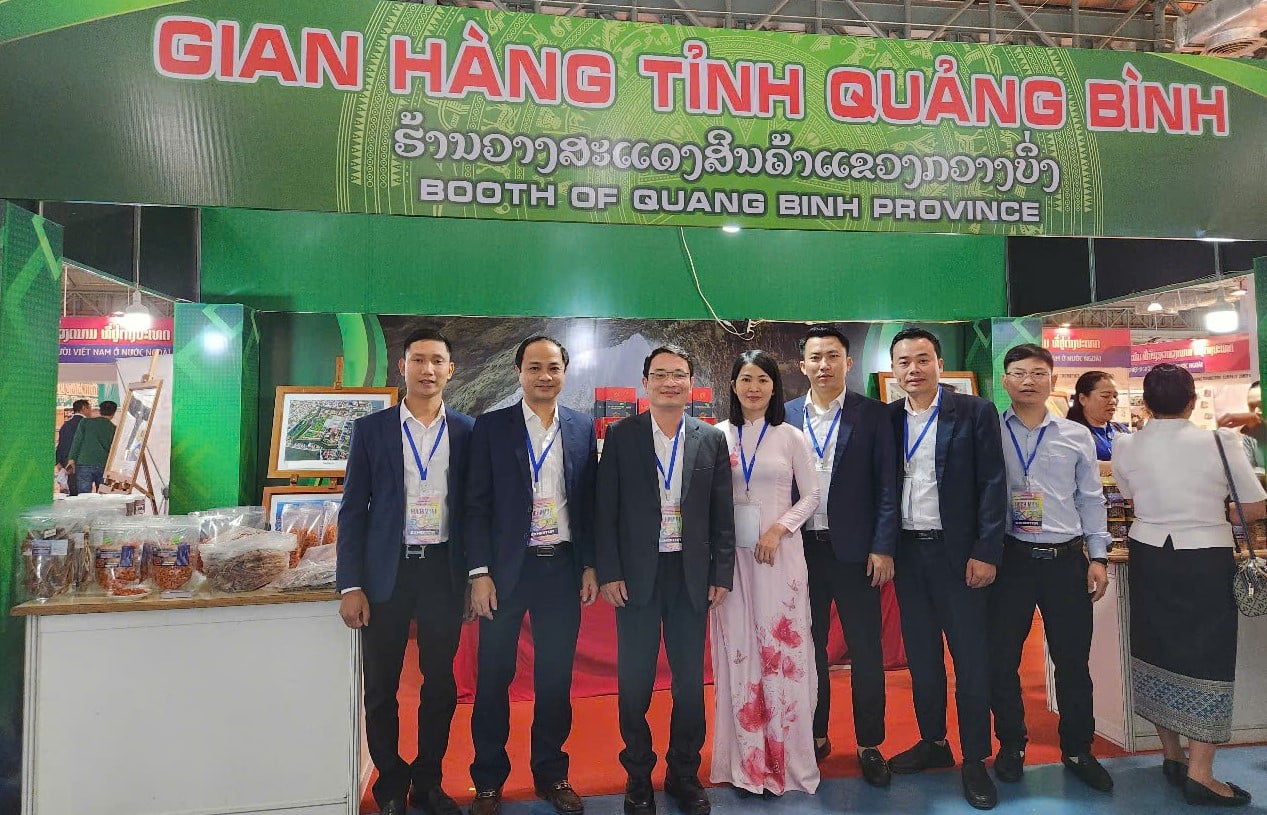
Comment (0)